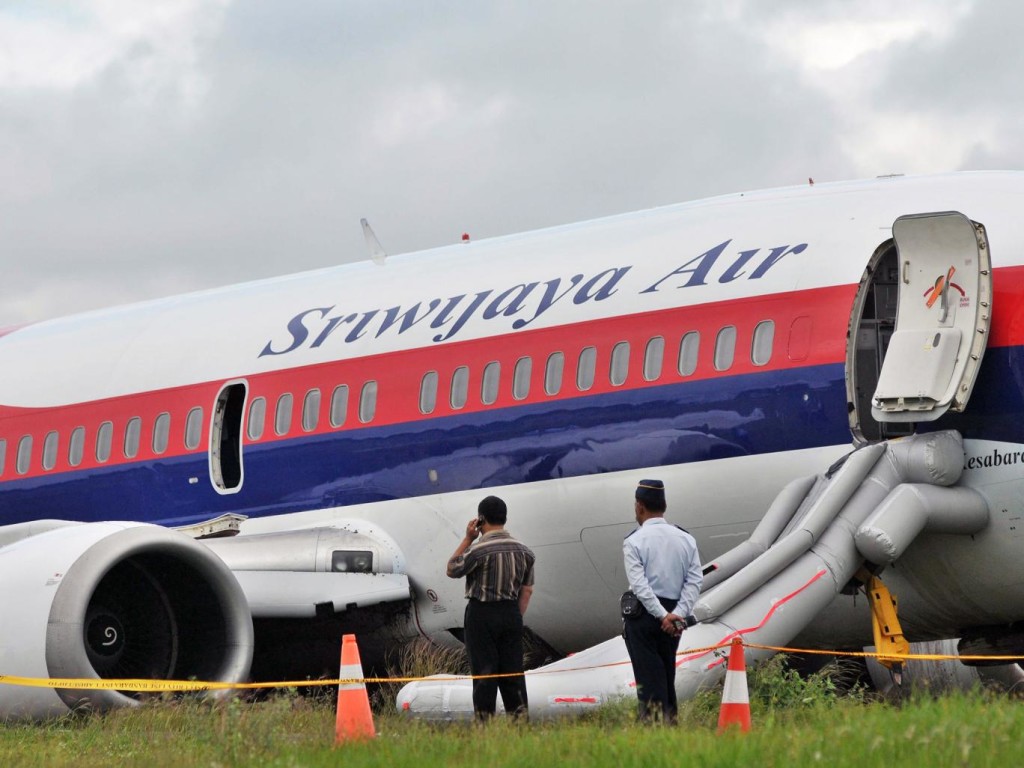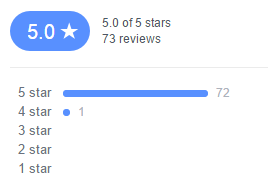The world’s least safe airlines for 2016
A yearly review of the world’s biggest airlines has unveiled the worst safety records.
Reported on Independent UK, reviews from airlines’ governing bodies and associations, and in addition government reviews and casualty records for every airline. It likewise took a survey of airlines’ operational histories, occurrence records and operational magnificence.
The site gave security evaluations to 407 carriers, honoring them up to seven stars. Of those, 148 were given the top rating, while around 50 had only three stars or less.
A sum of 10 airlines, all from Nepal, Indonesia or Surinam, met all requirements for only one or zero stars for 2016:
1) Batik Air
2) Bluewing Airlines
3) Citilink
4) Kal-Star Aviation
5) Lion Air
6) Sriwijaya Air
7) TransNusa
8) Trigana Air Service
9) Wings Air
10) Xpress Air
 The declaration takes after an alarming year for aviation industry that included two prominent disasters, both of which reignited talks about encompassing issues of security and worries over pilot’s mental wellbeing.
The declaration takes after an alarming year for aviation industry that included two prominent disasters, both of which reignited talks about encompassing issues of security and worries over pilot’s mental wellbeing.
On 3 January it was uncovered that for the second year running, the primary driver of aviation deaths in 2015 was “unlawful obstruction” – in other words, murder – as indicated by a report by driving air security firm To70. The consultancy refered to the still-unsolved vanishing of MH370 and MH17 which was shot down over Ukraine in 2015, and in addition the Germanwings and Metrojet crashes in the Alps and Sinai separately.
224 individuals were killed when the Russian Metrojet Airbus A321-231 broke not long after its takeoff from Sharm el-Sheik International Airport in Egypt.
In March 2015, a Germanwings Airbus A320-211 collided with the French Alps, klling every one of the 150 individuals on board. It was later uncovered that pilot Andreas Lubitz, who had self-destructive tendancies, had brought on the accident purposely.
AirlineRatings.com proofreader Geoffrey Thomas clarified that Germanwings has held its seven star security rating for 2016 on the grounds that the occurrence was brought on by pilot suicide.
“In our rating framework, which is supported by avionics’ overseeing body the International Civil Aviation Organization, if deaths happened through demonstrations of terrorism, high jacking or pilot suicide, they are excluded in the accident record,” he said
Some avionics wellbeing experts have scrutinized the premise for the AirlineRatings review, in light of the fact that it doesn’t seem to organize what numerous travelers view as the most critical security thought: an aircraft’s reputation of flying a great many missions with no death toll.
By such a measure, the US bearer Southwest is path in front of every single other aircraft. It has worked more than 22 million flights and conveyed 1.5 billion travelers since its establishment in 1971, without a solitary lethal mischance.
The two driving European spending plan aircrafts, easyJet and Ryanair, likewise have casualty free records, and a year ago securely flew around 180m travelers between them. The three transporters from the British Isles incorporated into the AirlineRatings “main ten most secure minimal effort aircrafts” – Aer Lingus, Flybe and Thomas Cook Airlines – conveyed just around 22m between them.
Malaysia Airlines, struck by two episodes that left all travelers on board dead or missing in 2014, was given five stars out of a conceivable seven in the appraisals: the same as Ryanair and Thomson Airways.
In the event that a carrier has an accident that includes the demise of a traveler and/or team individuals it will naturally lose a star from its security rating rankings.
Iraqi Airways was a month ago banned from working in EU airspace, because of “unaddressed security concerns”, and has been given two-star wellbeing rating via AirlineRatings.com.
Thailand’s aeronautics industry was set under “exceptional measures” in 2015 after issues were hailed by the International Civil Aviation Organization (ICAO). Bearers including Thai Airways, which was recompensed four out of seven stars for wellbeing, were saved being put on the EU boycott.
Authorities said they would “nearly screen future improvements” and would consider bans if air traveler security was esteemed to be at danger.

